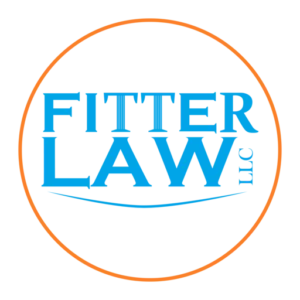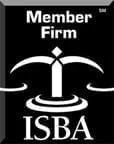Understanding the Legal Definition of Sole Proprietorship
Defining Sole Proprietorship
As a business owner, it is crucial to have a clear understanding of the legal definition of sole proprietorship. In simple terms, a sole proprietorship refers to an unincorporated business that is owned entirely by one person. This means that the individual is the sole owner and has complete control over the business’s operations and decision-making processes.
Responsibility for Debts
One key aspect of sole proprietorship is that the owner is solely responsible for all of its debts. Unlike other business structures, such as partnerships or corporations, where the liability is shared among multiple individuals or entities, a sole proprietor bears the full burden of any financial obligations incurred by the business.
For example, if a sole proprietorship accrues debts or faces legal action, the owner’s personal assets may be at risk. This is because there is no legal separation between the business and the owner, making them personally liable for any financial or legal consequences.
Examples of Sole Proprietorship
Sole proprietorships can be found in various industries and sectors. For instance, imagine a small bakery owned and operated by a single individual. In this case, the bakery would be considered a sole proprietorship. Similarly, a freelance graphic designer who works independently and manages their own clients and projects would also fall under the category of a sole proprietorship.
The Importance of Understanding Sole Proprietorship
Having a solid grasp of the legal definition of sole proprietorship is crucial for business owners. It allows them to make informed decisions about their business structure and understand the potential risks and benefits associated with operating as a sole proprietor.
By understanding that they are personally responsible for all debts, a sole proprietor can take appropriate measures to manage their finances effectively and minimize the risk of financial hardship. This may include maintaining accurate financial records, obtaining appropriate insurance coverage, and seeking legal advice when necessary.
Furthermore, understanding sole proprietorship can also help business owners navigate legal and regulatory requirements. By being aware of their legal obligations and responsibilities, sole proprietors can ensure compliance with tax laws, licensing requirements, and other regulations that may apply to their specific industry.
Conclusion
Talk to a Fitter Law attorney: a sole proprietorship is an unincorporated business owned entirely by one person. The owner bears full responsibility for all debts incurred by the business, which sets it apart from other business structures. Understanding the legal definition of sole proprietorship is essential for business owners as it enables them to make informed decisions, manage their finances effectively, and comply with legal and regulatory requirements. By grasping the concept of sole proprietorship, entrepreneurs can lay a strong foundation for their business’s success
Connect with a Fitter Law Attorney




